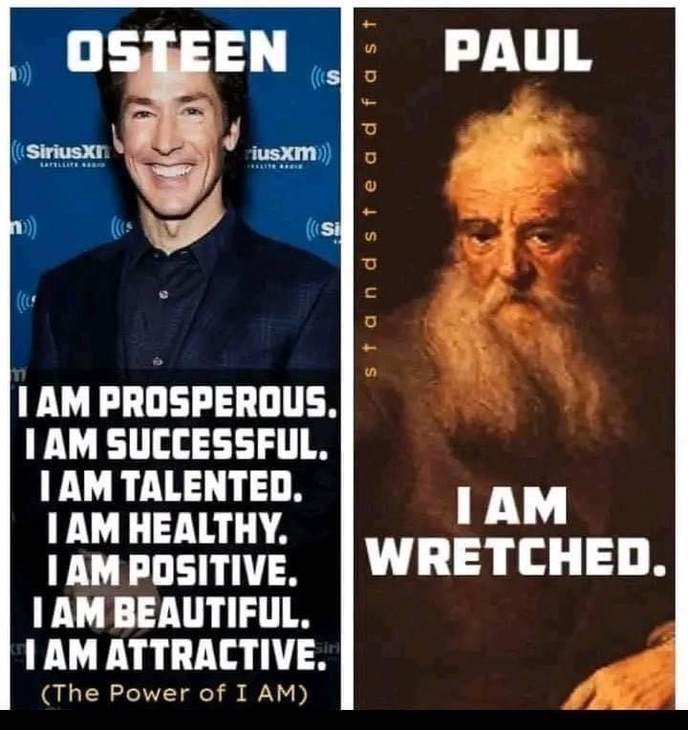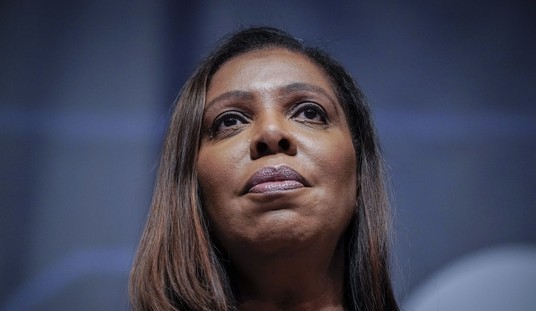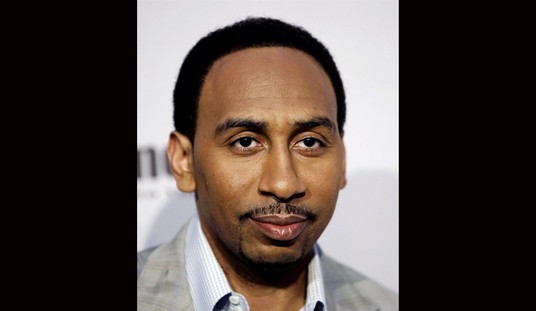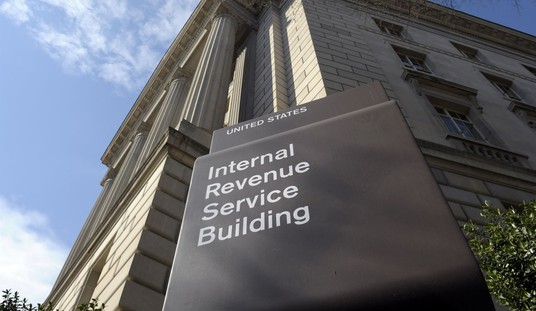I saw this meme earlier this week and it got me thinking. I couldn’t shake it.

It really didn’t matter to me that it was aimed at Joel Osteen. I have a problem with the “prosperity gospel” (as Christians should) and Osteen is fun for memes, but I don’t think about him that much. I understand the point here, but it was the comparison that really sat in my spirit, not the “takedown” of Osteen.
These days, everyone wants to be “affirmed.” Everyone wants a pat on the back for who they are.
I’m gay.
I’m black.
I’m non-binary.
I’m two-spirit, transgender with multiple personalities.
Whatever. Everyone has a “thing” and it’s all aimed at forcing other people to affirm not only is that thing okay, but that thing actually makes them a better person, and someone worth valuing. It’s rooted in narcissism, but don’t make the mistake of thinking it’s only the political cultists and activists who do this. We all want affirmation. We all want someone to tell us we are good – wonderful, even – just the way we are.
It’s why the “prosperity gospel” thrives in America. We want to know we deserve good things by being good enough for them.
I wasn’t raised in the Church or even by Christians. I found faith in Christ as a teenager, on my own, and I’ve been a grateful follower ever since. I know the Creator of the universe, but even still I am often wracked with insecurities and shortcomings. Unhappiness finds me from time to time, as does tragedy. Christ has not been the cure for reality, but He has been the way through it.
Here’s the thing – I find it impossible to genuinely connect with God if all I’m seeking is affirmation. When I seek positivity and elevation for my own personal spirit above all else, it always seems shallow. It always ends in just wanting more – more happiness, more health, more money, more passion. Whatever the “more” is, I just want more of it.
The truth is, it is only in our acknowledgment of our absolute wretchedness that we can find our way to peace. After all, if I’m able to convince myself I’m happy and fulfilled by simply saying a daily affirmation, what do I need God for?
No, it is through my wretchedness that I am able to be lifted up. When I recognize that I am helpless before the Almighty, that I am helpless against my sin on my own, that I am not built for eternity and I am not equipped for holiness, I am thus able to recognize that there is One who can lift me out of my sin. There is One who can equip me for holiness and eternity. I can look to Him with clarity, rather than looking into my own muddy insides.
My wretchedness is filth in the shadow of an all-knowing Creator. Who am I compared to such incredible power and omnipotence? I am no one.
That is what makes a relationship with God so intoxicating, so incredibly satisfying, so precious. I have nothing to bring Him. I have no sacrifice that could be worthy of Him. I don’t even have a body that is made to be in His presence. Let’s not forget, He had to cover Moses as He passed by, lest His face destroy the prophet. We’re not made to withstand pure Holiness. Not yet.
It is only when you are aware of your abject wretchedness that you can truly begin to understand just how incredible and marvelous it is to be loved by One who should be casting you away. We are not royalty. Worse, we are the diseased degenerates who wail outside the gates of the palace, and yet the King comes to us and says, “I love you. Come sit at my table, wear my robes, and be my sons and daughters. You are worthy, because I make it so.”
How can you possibly understand the depths of God’s love and the sacrifice He made for us unless you understand the depths of your own depravity?
The “affirmation culture,” in the Church and outside of it, asks us to believe we are already worthy and we have already reached the destination. We just simply need to recognize it and let God into our hearts.
In reality, it is only in the recognition that we are not worthy, and can never be worthy on our own, that we are able to find the deepest satisfaction and joy in a God who scoops us out of our filth, and adorns us in royal robes. We can’t be grateful for that miracle if we don’t understand the mess we are independent of the Creator.
In church we always say, “But God…” I was lost…but God. I was in pain…but God. I was hateful…but God.
God is our “but,” the one who comes between us and our deserved fate. He is the hinge in the sentences of our lives. I was on a path to degradation and pain…but God.
I am wretched…but God.














Join the conversation as a VIP Member